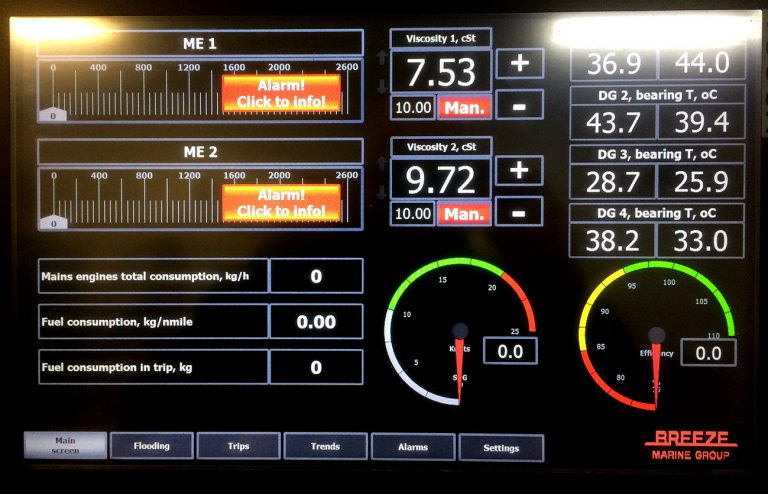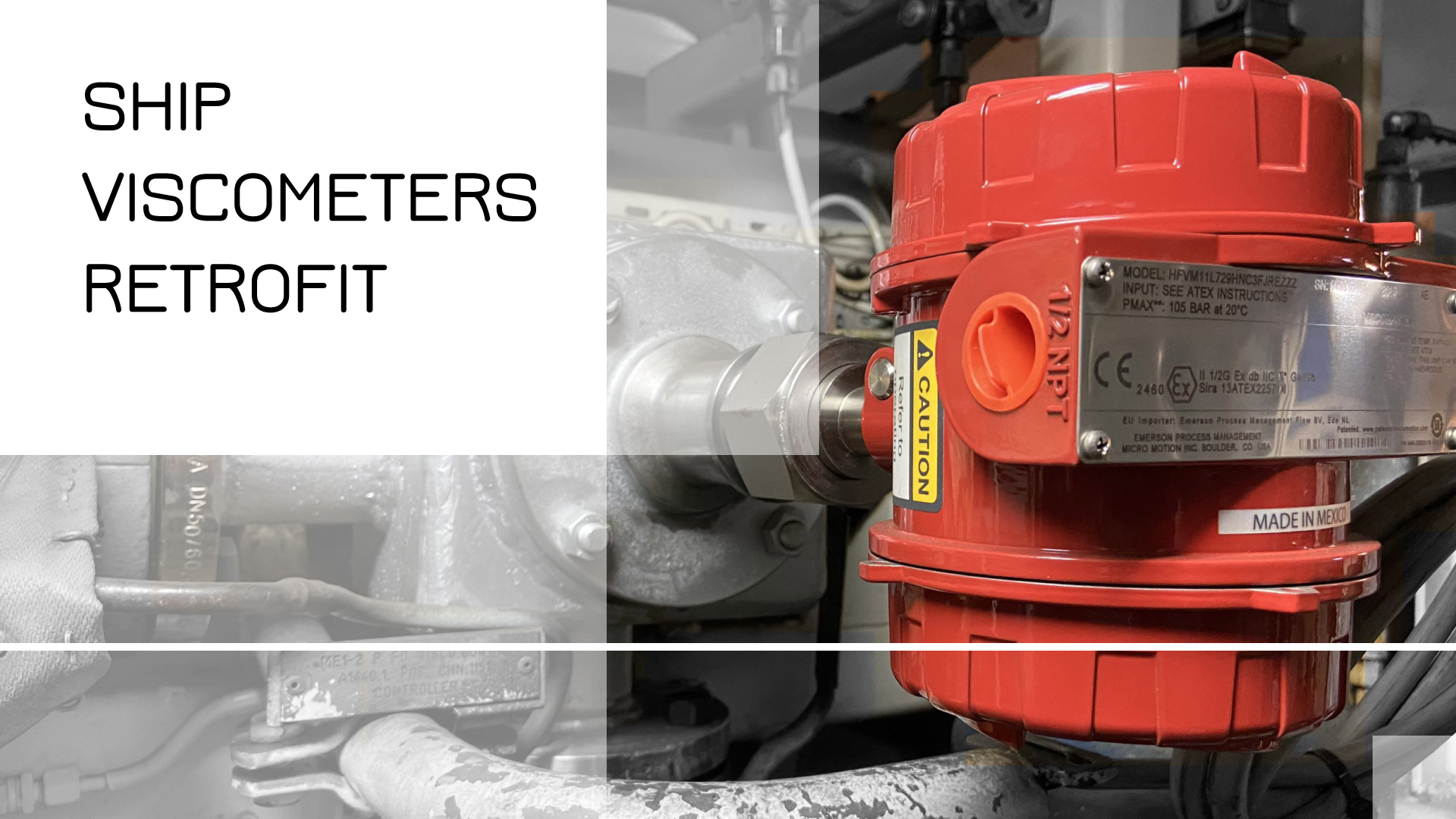Fuel prices remain at a very high level, forcing vessels to cut down on operational costs. One option is using lower fuel grades rather than heavy fuel oil. However, vessel captains and owners need to mind the viscosity of their fuel. Significant changes in viscosity can affect the maritime engine’s fuel combustion efficiency…
Ultimately, the fuel oil viscosity hinges on the oil grade. A higher viscosity index will often lead to inefficient combustion inside the engine cylinder. Moreover, the oil will have a tougher time achieving its atomization state. The longer this inefficient process continues, the bigger the problems will become.
With extensive experience in automation, mechanics, and other services, we offer turnkey solutions for replacing old capillary viscometers with new fork sensor-type viscometers with automated viscosity control and regulation systems.

When replacing the viscometer system with a new type, our customers get the following:
– More compact equipment
– Easy to use and not requiring maintenance equipment since there is no need for recalibration and no moving parts
– High performance and measurement accuracy
– Online and real-time kinematic viscosity data
– Flexibility adjustments
– Convenient indication and signaling
Why not take the guessing game surrounding oil viscosity out of the equation? Contact a Breezemarine Group expert to see how we can help you ensure smooth sailing while achieving peak fuel combustion efficiency.
